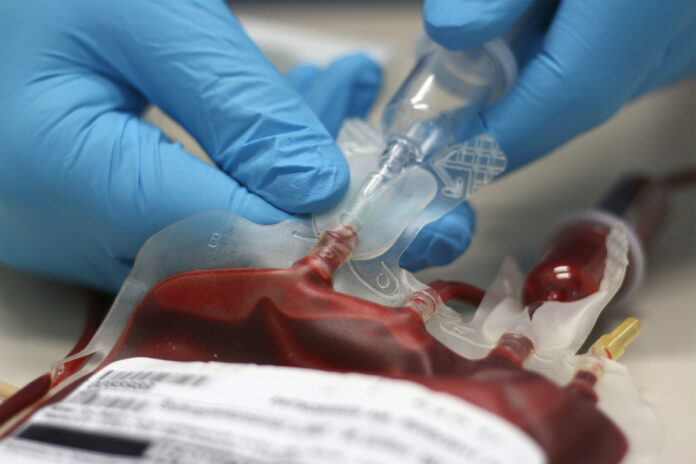June 9, 2020 | 3:46pm | Updated June 9, 2020 | 4:53pm
Early results of a new study conducted by genetic testing giant 23andMe suggest a person’s blood type affects how susceptible they are to the coronavirus — and that those with Type O appear to be the least at risk.
Preliminary data from the study — which is still underway and includes 750,000 participants, including 10,000 who told the company they had COVID-19 — indicates that people with Type O blood are between 9 and 18 percent less likely than those with other blood types to have tested positive for the disease.
There appeared to be little difference among other blood types, according to the research, which only examined susceptibility and not severity of the illness.
The findings hold when adjusted for age, body mass index, ethnicity and other existing diseases, as well as when the data is narrowed down to only health care workers and other first responders, according to the company.
A European study published last week also found Type O is associated with a lower risk — and patients with Type A blood are 50 percent more likely to need oxygen or require a ventilator.
The preliminary 23andMe investigation, which was launched in April and is still recruiting additional participants — also indicates that a DNA sequence variation in the ABO gene, which influences blood type, is associated with a lower risk for COVID-19.
While the findings are compelling, 23andMe lead researcher Adam Auton told Bloomberg News that a lot more work still needs to be done.
“It’s early days; even with these sample sizes, it might not be enough to find genetic associations,” he said. “We’re not the only group looking at this, and ultimately the scientific community may need to pool their resources to really address questions surrounding the links between genetics and COVID-19.”






